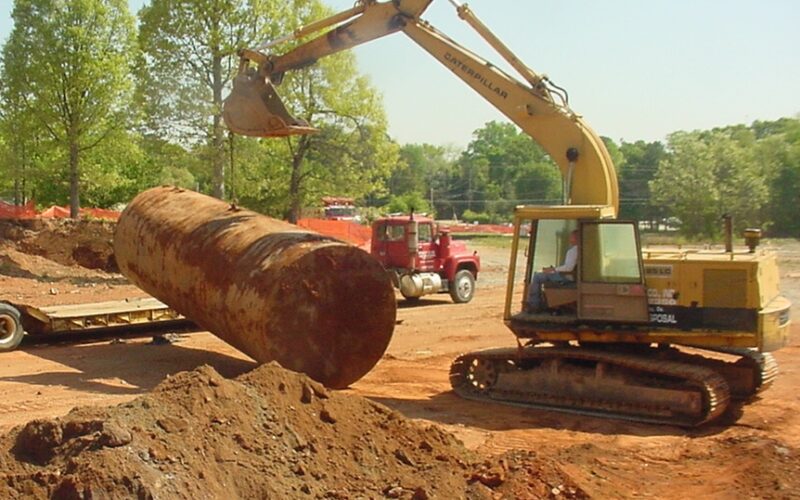Underground storage tanks (USTs) play a crucial role in storing petroleum and other hazardous substances, ensuring a steady supply for various industries. However, managing UST comes with significant responsibilities and compliance requirements to ensure the safety of the environment and public health. Navigating the complex landscape of UST petroleum regulations can be a daunting task for businesses. Fortunately, with the right knowledge and tools, UST Petroleum compliance GA can be simplified, promoting smoother operations and minimizing the risk of regulatory violations.
The Importance of UST Petroleum Regulations:
UST petroleum regulations are in place to safeguard the environment and protect public health from potential contamination caused by petroleum leaks or spills. These regulations establish guidelines for the installation, maintenance, and operation of UST systems, including leak detection, spill prevention, and corrosion protection. Compliance with these regulations is a legal obligation and a moral responsibility for businesses.
Regulatory Framework:
The regulatory framework for UST petroleum compliance varies from country to country and even within different states or regions. Businesses need to familiarize themselves with the specific regulations governing USTs in their jurisdiction. For example, the Environmental Protection Agency (EPA) sets federal UST regulations in the United States, while individual states may have additional requirements.
Simplifying UST Petroleum Compliance:
Education and Training:
The first step towards simplifying UST petroleum compliance is ensuring that all personnel managing USTs receive proper education and training. This includes understanding the regulatory requirements, identifying potential risks, and implementing best practices for UST operations. Investing in employee training not only promotes compliance but also enhances safety and reduces the likelihood of accidents or environmental damage.
Utilizing Technology:
Advancements in technology have revolutionized the management of UST petroleum compliance. Various software solutions and digital tools are available to streamline compliance processes and ensure accurate record-keeping. These tools can automate tasks such as inventory management, leak detection monitoring, and reporting, saving time and reducing the likelihood of errors.
Regular Inspections and Maintenance:
Regular inspections and maintenance are crucial for UST compliance. Implementing a proactive inspection schedule helps identify potential issues before they escalate into costly problems. Regular maintenance, such as equipment testing, calibration, and repairs, ensures UST systems operate efficiently and meet regulatory standards. Maintaining a detailed record of inspections and maintenance activities is essential for demonstrating compliance during audits or inspections.
Engaging Compliance Experts:
Navigating UST petroleum regulations can be challenging, especially for businesses without dedicated compliance personnel. Engaging compliance experts, such as environmental consultants or compliance agencies, can provide valuable guidance and support. These experts possess in-depth knowledge of the regulations and can help businesses develop compliance strategies, conduct audits, and stay updated with evolving regulatory requirements.
Collaboration and Industry Networks:
Collaborating with industry peers and participating in relevant networks or associations can greatly simplify UST petroleum compliance. These platforms provide opportunities for knowledge sharing, discussing best practices, and staying informed about regulatory updates. Networking with other professionals in the field can offer valuable insights and guidance, ultimately simplifying the compliance journey.
Environmental Monitoring:
Monitoring the surrounding environment is crucial to detect any potential leaks or contamination from USTs promptly. Businesses should implement robust environmental monitoring systems, including groundwater monitoring wells, vapor monitoring, and soil testing. Regular monitoring ensures early detection of any issues, allowing for swift action to prevent further environmental damage and maintain compliance with regulatory standards.
UST Petroleum compliance GA is crucial for businesses operating with underground storage tanks. While the regulatory landscape may seem complex and overwhelming, simplifying compliance is achievable through education, technology adoption, regular inspections, engaging compliance experts, and collaborating within the industry. By prioritizing compliance, businesses not only fulfill their legal obligations but also contribute to protecting the environment and public health. Simplifying UST petroleum compliance promotes smoother operations, minimizes risks, and ensures a sustainable future for all stakeholders involved in the UST industry.

